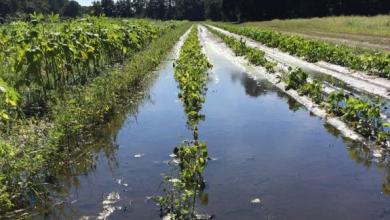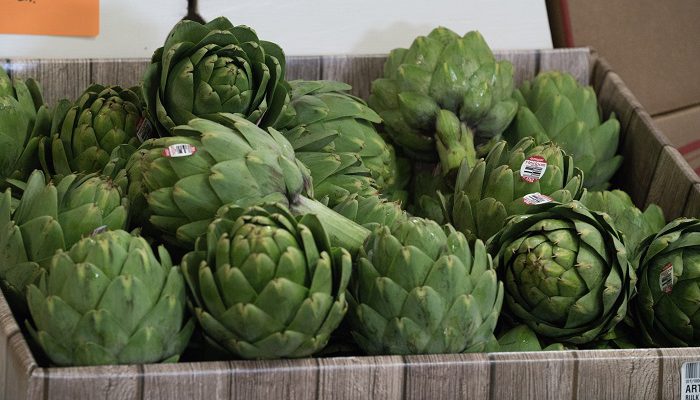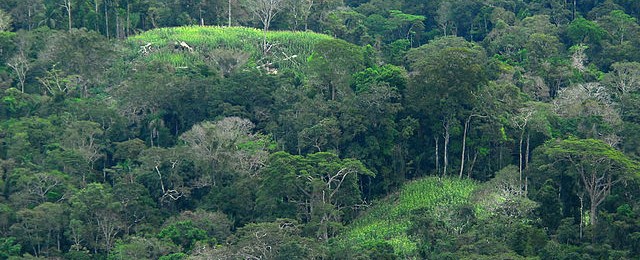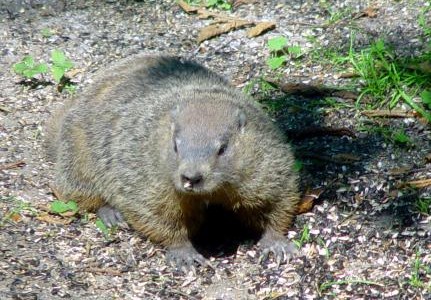-

As I am sitting here at home, I hear the sound of rain outside. A lot of us are supposed to see several inches of rain over the next week, leading to very wet soil conditions, especially in the heavier clay soils north of the Fall Line. With warm weather coming up in the next…
-

The latest monthly climate summary for January 2020 is now available from the Southeast Regional Climate Center. You can view it at https://sercc.com/SoutheastRegionMonthlyClimateReportJanuary2020.pdf.
Posted in: Climate summaries -

A new study from researchers at Colorado State University indicates that the minimum sea level pressure (MSLP) in a hurricane is the best measure of how much damage it can do, rather than than the maximum wind speed. The MSLP is a better indicator of the size of the storm than wind speed and is…
-

Almost all of the artichokes grown in the US come from California, but research is now underway to study the ability of growers in northeast Florida to grow artichokes, a high value crop that would be grown in the cool season. Since artichokes require 250-500 hours below 50 degrees to form buds, some artificial means…
-

One method for removing carbon dioxide from the atmosphere that is often mentioned is the planting of millions of trees, which help soak up CO2 as they grow, trapping it in the tree instead of allowing it to remain in the atmosphere. While planting of trees has many benefits to CO2, cooling cities, and improving…
-

Do you rely on rodents to get your seasonal forecasts? If so, hope you are enjoying this Groundhog Day. NOAA says that the groundhog is only correct 40 percent of the time, so if you were a betting person, you might go with the opposite of what the official forecast is. I’ve heard that this…
Posted in: Climate and Ag in the news -

I am still catching my breath from the end of the Super Bowl game, but wanted to note that the turfgrass Tifway 419 used at the Super Bowl this year was bred by UGA scientists. Thanks to Dr. George Vellidis of UGA Tifton for pointing it out! You can read more about how it was…
Posted in: Climate and Ag in the news